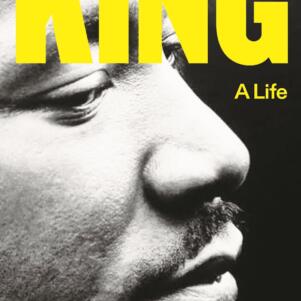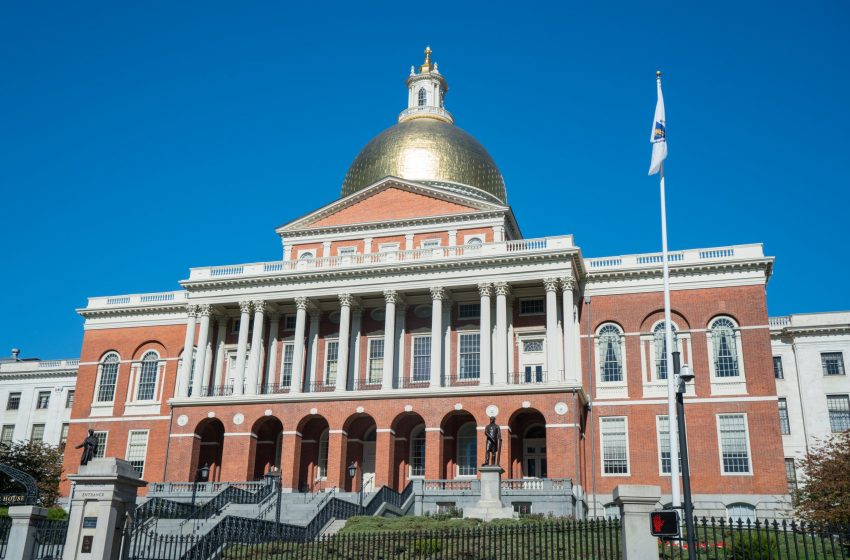Boston takes steps to help women start businesses
By Kara Bettis | March 8, 2016, 19:05 EST

BOSTON – Although women make up 51 percent of Boston’s working population, U.S. Census data shows that about a third of the city’s businesses are owned by women.
But Boston, spearheaded by Mayor Marty Walsh and joined by some plucky female leaders, is picking up the pace to help women launch more businesses.
“It’s important that women’s voices are heard and represented at the table when decisions are being made,” said Megan Costello, the executive director of the Mayor’s Office of Women’s Advancement. “My goal is how do we bring this into the everyday conversation, how do we not just silo ourselves and not talk to each other, but really use policy to change culture.”
One of the ways her office tackles that is through working both with employers and offering women “concrete skills to bring to the table,” she said. “This combination of working with women and employers is very unique to Boston – it’s different than what’s happening around the country.”
In addition to creating the women’s engagement office and offering salary negotiation workshops for working women, Walsh has focused on startups. He set up Women Entrepreneurs Boston, known as WE-BOS, in October to help women who start new businesses deal with challenges such as scarce seed capital, narrow professional networks and training. The program built off of Women on Main, which was designed to foster the development of bricks-and-mortar businesses.
“We realized the challenges facing women were in all areas,” said Kara O’Connor Miller, who runs the WE-BOS program.
She added that women-owned businesses are relatively credit-poor, obtaining just $1 out of every $23 loaned by commercial banks, and receive only 3 percent of venture capital investments. Businesses owned by men are 3.5-times more likely to reach $1 million in revenue than those owned by women.
WE-BOS collaborates with dozens of other organizations that offer services for women eager to take the plunge into running a businesses. The Center for Women in Enterprise, Massachusetts Innovations Nights, the Women’s Entrepreneurial Council, the Babson College Center for Women’s Entrepreneurial Leadership and other events and organizations focus specifically on helping women find and develop the tools and skills they need to build businesses.
The city organization also sponsors the Capital W conference, which aims to connect women-owned startups to venture capital.
Miller calls the tight-knit Boston community a “very strong ecosystem for women entrepreneurs.” She pointed to the fact that the Hub came in fourth among cities as a place for women entrepreneurs in the Global Startup Ecosystem Ranking last summer, behind California’s Silicon Valley area, New York and Los Angeles but ahead of Chicago, Seattle and Austin, Texas.
“It’s the culmination of all those groups together,” Miller said about the citywide collaboration.
Attorney Nancy Cremins and entrepreneur consultant Liz O’Donnell started another one of those groups in 2014 – SheStarts, a for-profit business that gives women a leg up through hosting evening networking and skills-based training events, focusing on things like marketing or legal issues.
“People universally come and tell us that they find our events so much more approachable and comfortable because they are walking into a room and it is not primarily one demographic,” Cremins said. “And that is what entrepreneurship looks like.”
Many leaders also say that they would like to see more men involved in educating new female business owners.
“Women have a strong network with other women. Where we really need to see progress is improving the support of the networks between women and men,” Cremins said. “We need to enlist the support of male allies.”
She encourages business owners, and men especially, to “move outside their comfort zone.” For men, she says, that means not agreeing to speak on a panel if all the other speakers are men, to attend women’s events or events where a white guy would be in the minority, and to generally expand their networks. At SheStarts events, about 30 percent of attendees are men.
“One idea that we’ve been exploring is how do we build authentic relationships between men and women in the community,” Costello said. “It’s very segregated right now.”
She said her office is brainstorming ways to introduce “small pods of people” from different industries, instead of large networking events that normally take place in the city.
“I’m very excited about the energy that exists,” Costello said.
Contact Kara Bettis at [email protected] or on Twitter @karabettis.
NBPUrban











